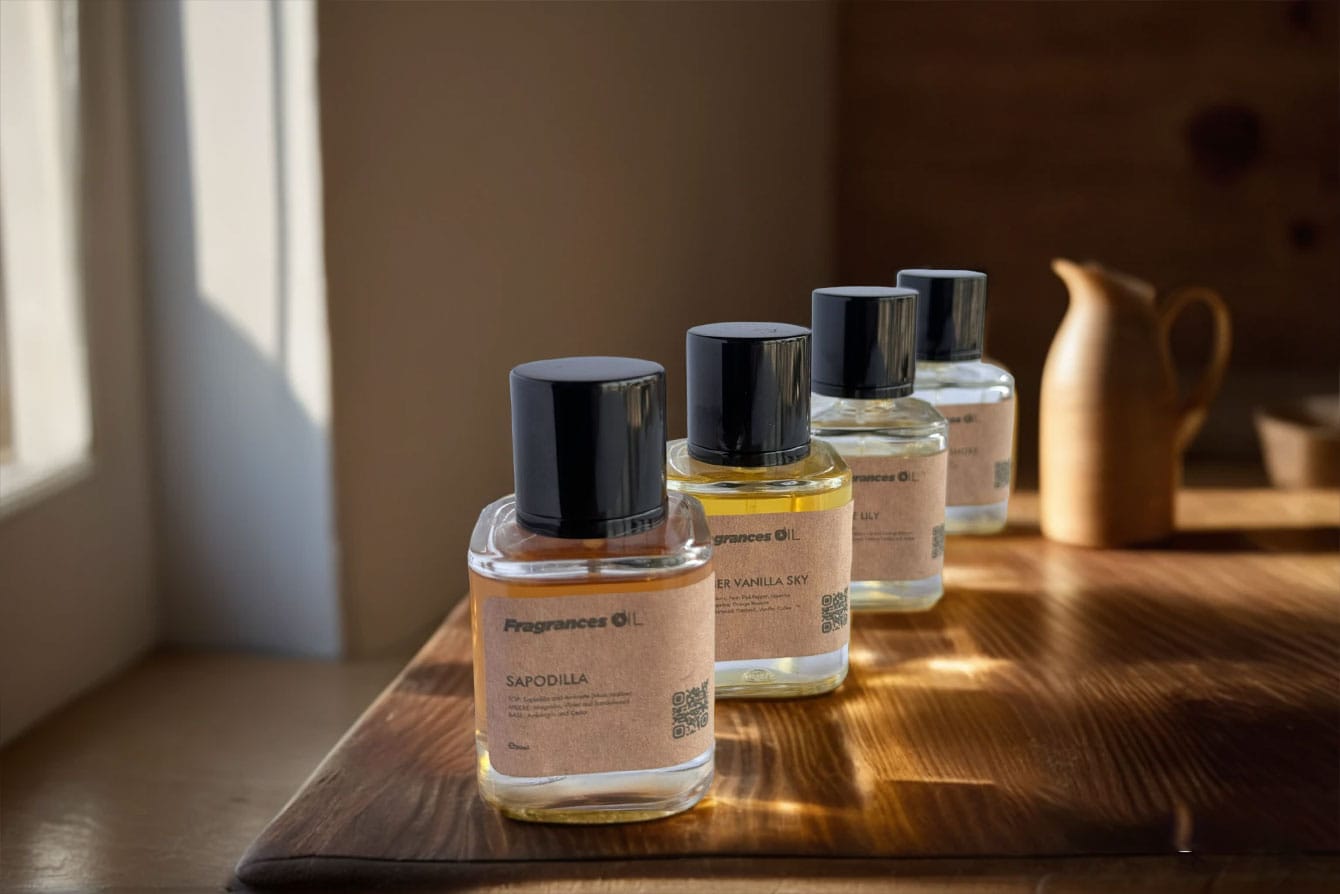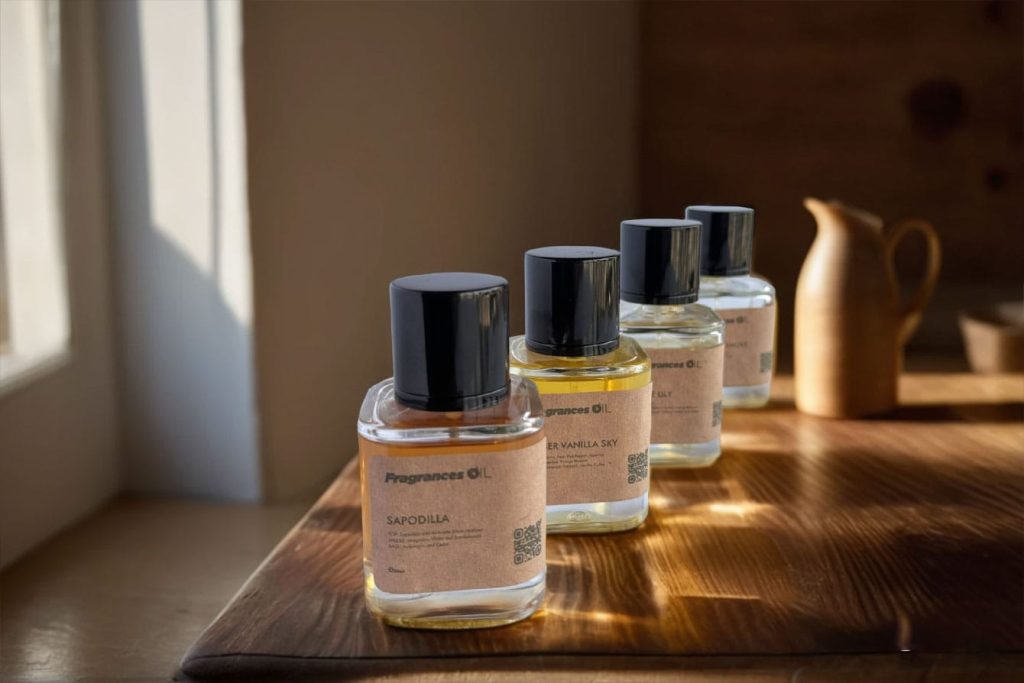

1. What does the word Perfume actually mean?
The Romans and Arabs refined the art of making and wearing perfume 2500 years ago and the word perfume actually comes from the Latin word ‘per fumum’ which literally translates as ‘through smoke’. Emperor Nero by pouring through the fountains and being wafted into the air would hold lavish feasts with jasmine and rose oil. The Arabian practice of Bakhoor is still expensive in the Middle East which burns precious wood and incense in order to perfume clothing and the environment.
2. What was the first perfume?
No one knows what the first perfume was but we do know that a woman named Tapputi is the world’s first recorded chemist, who was also a perfume maker. Around 1200 BCE, she lived in Babylonian Mesopotamia. It is said that she laid the foundation for today’s perfume making by recording and developing methods for scent extraction techniques. First, Egyptians made perfume truly a part of their culture 3000 years ago, also invented glass vessels and stone to hold their precious scented oils and balms.
3. Can perfume be an aphrodisiac?
Undoubtedly, perfume can make the wearer feel sexy. There are perfumes with ingredients whose smell can prompt an instant attraction because they are known to have aphrodisiac qualities. Ingredients like ylang-ylang, jasmine, vanilla, and Ginger are said to have aphrodisiac properties.
4. Why perfume change throughout the day?
Ever wondered why perfume smell changes throughout the day? This is due to the top, heart, and base notes of the perfume. When creating a fragrance, the raw materials used and the chemistry of the skin cause a perfume to evolve over time. A perfume is a complex composition of top notes, heart notes, and base notes. The top notes are the most delicate but typically do not last long. Heart notes tend to be herbal, floral, and spice notes that last longer than the top notes, that’s why you will be able to smell the base notes the longest which are usually composed of wood, amber, and musk.
5. Is perfume a mood booster?
Perfume is definitely a feel-good stimulant that improves your mood, can relax you, acts as a confidence booster, and makes you feel sexy. That’s why also known to evoke certain associations. It is also said that to make you refreshed and energized Citrus perfumes are ideal.
6. Does Perfume have an expiry date?
Over time the composition of a perfume might change. So, it is recommended within 3 – 5 years to use your perfume. The perfume should be used within the first three years once the bottle is opened and comes into contact with air. The older the fragrance gets the more different it can smell, for example after a few years Eau de Toilette might only smell of alcohol. The higher the perfume concentration, the higher the chance that it will last longer – on the skin as well as in the bottle. Commonly, those perfumes that have heavier bases last longer.
7. How to store perfume?
When storing perfume there are certain factors you should remember. Humidity, variations of temperature, and sunlight will impact your perfume over time. Therefore, make sure to store it upright in a dark place that is not impacted by humidity or extreme changes in temperatures, to make your perfume last longer – so the car or bathroom is not ideal.
8. Parfum and Eau de Parfum are different, why?
With certain concentrations, there are different categories in perfumery for perfume types. The higher the concentration, the higher the longevity on the skin, which means that than an Eau de Parfum, the Parfum lasts significantly longer on your skin. Concentration refers to the amount of pure perfume oil within a fragrance for example Eau de Toilette has a perfume concentration of about 10%, whereas Eau de Parfum has 15%.
9. What is the difference between an atomizer and a splash bottle?
Almost all perfumes are atomizers, which are essentially spray pumps. A splash bottle usually used for Aftershaves, does not have a spray pump and does not necessarily have an applicator on the bottle top. Pure perfume oils often are presented in crystal bottles that do not have a spray pump but allow you to dab and apply the perfume on the skin because it features an applicator.
10. Why does perfume smell different on the skin?
Every person has a different skin PH and leads a different lifestyle. This can have implications on how the perfume smells on your skin in comparison to the scented card or someone else.
11. How to apply perfume?
Perfume is activated by body heat, this is why you should apply perfume on your skin at the main pulse points like the inside of your wrist, behind the ear, on the neck, elbows, and behind your knees. Do not rub your wrists together as a result the fragrance will smell different because this will alter the molecules of the perfume. To make the perfume last longer you can also put perfume into your hair and as it is constantly in motion so will diffuse the scent. Please spray the perfume on your brush before brushing your hair, refrain from spraying perfume directly on your hair as the contained alcohol can dry it out.
12. Are perfumes vegan?
Not every perfume but a lot of perfumes do contain ingredients from any animal. If you want to make sure that it is a 100% vegan perfume it is advisable to double check before purchasing. For vegan free perfume, there is no official signage on the packaging just yet.
13. What are unisex perfumes?
Generally speaking, all perfumes and fragrances oil are unisex, there is no written rule that says a deep woody fragrance is for men and a floral, sweet scent is for women. It is up to the wearer to decide how they would want to smell and add to their personal perfume collection. There is nothing wrong with this enjoying the scent of other genders like there are indeed a lot of women wearing fragrances that are classified as masculine.
